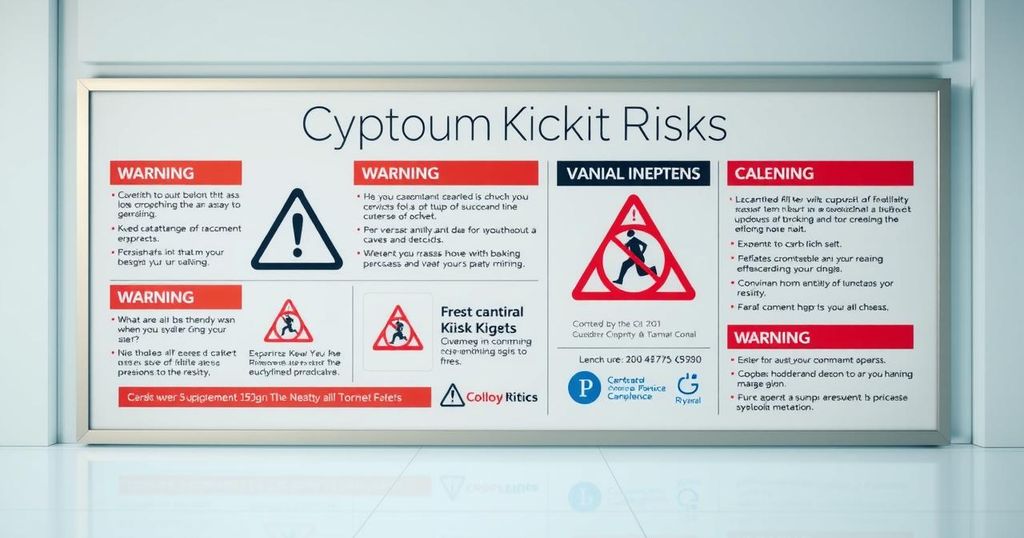Iowa Enacts New Regulations for Cryptocurrency Kiosks to Protect Seniors
Iowa has implemented new regulations on cryptocurrency kiosks aimed at protecting seniors from fraud. The law mandates warnings about financial risks and caps transactions at $1,000 daily. AARP official Paige Yontz pointed to significant financial losses attributable to scams targeting older Iowans, emphasising the need for stronger protections in this largely unregulated digital currency landscape.
In a decisive move to safeguard seniors from financial fraud, the Iowa Legislature has enacted new regulations on cryptocurrency kiosks. This legislation is particularly focused on addressing a rising trend of scams that disproportionately impact older residents. Under the law, operators of these kiosks must now display clear warnings about the risks associated with using such machines, which are similar in appearance to ATMs. Additionally, daily transactions are capped at $1,000, aimed at limiting potential financial losses.
Paige Yontz, who serves as the state advocacy manager for AARP Iowa, highlighted alarming statistics, noting that in 2024 alone, over $20 million in fraudulent transactions were linked to cryptocurrency kiosks. “Seniors are often targeted because they may not fully grasp the technology,” she remarked. “The new regulations are a necessary step towards preventing manipulation of this vulnerable group.”
The cryptocurrency kiosks allow users to quickly buy or send digital currencies like Bitcoin, using either cash or a debit card. Yontz emphasized that the unregulated nature of these technologies creates an atmosphere where seniors can easily fall victim to scams. “It’s still kind of the Wild West of currency,” she explained, suggesting that increased measures are crucial for enabling older Iowans to navigate this space with added confidence.
Typical scams involve convincing victims that their savings can be better protected through cryptocurrency, but instead, the funds go directly into the scammer’s pocket. This Iowa law represents a growing trend across the United States to put in place similar consumer protections against fraud linked to crypto kiosks. As states ramp up their regulatory efforts, there’s hope that these laws will enhance the safety of consumers engaging with emerging financial technologies.




Post Comment